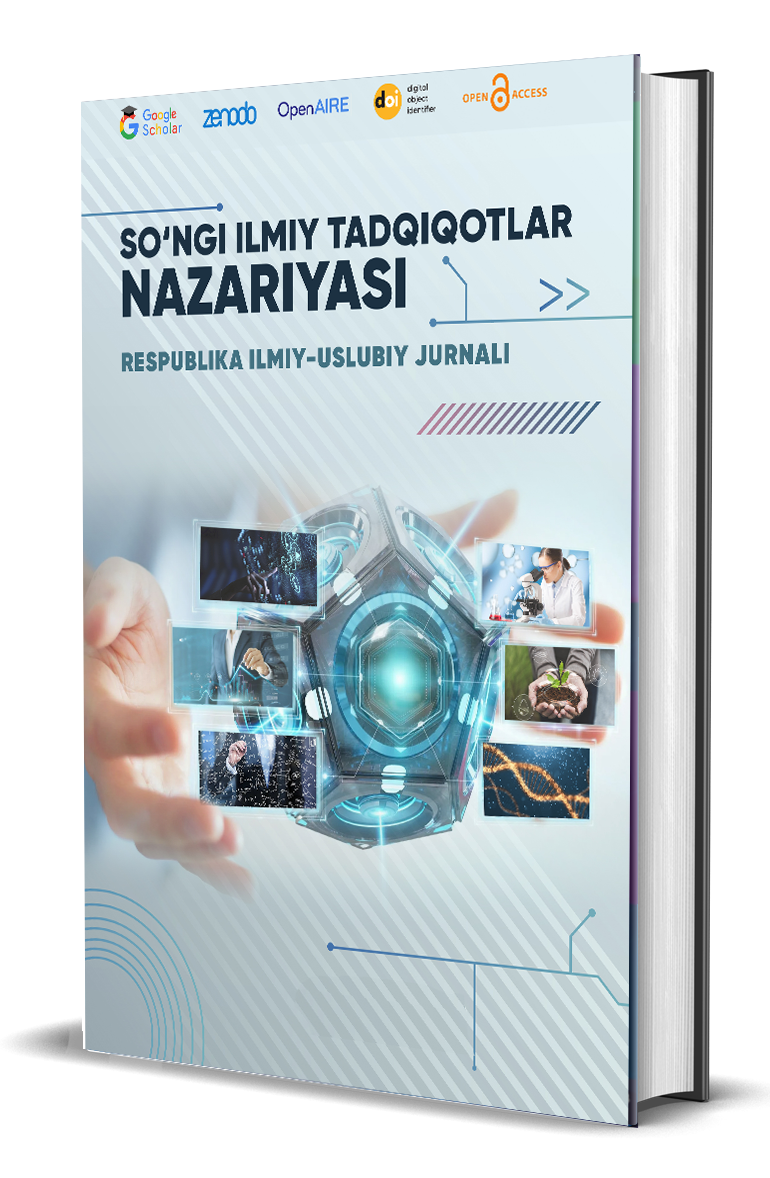COMPARATIVE ANALYSIS OF INTELLIGENT SYSTEMS IN WATER RESOURCE MONITORING AND MANAGEMENT
Keywords:
Water management, artificial intelligence, intelligent water systems, IoT monitoring, blockchain certification, e-commerce integration, pollution reduction, supply chain transparency.Abstract
This article presents a comparative analysis of four studies focused on intelligent systems for water resource management. The works include a literature review on artificial intelligence applications (MDPI), a European Union cluster case study on pollution reduction (ZeroPollution4Water), a Water Research Foundation report on intelligent water systems, and additional integrative frameworks. The analysis highlights significant achievements in demand forecasting, anomaly detection, and real-time monitoring, alongside policy and practical pilot initiatives. However, all studies reveal persistent barriers such as interoperability gaps, lack of data standardization, cybersecurity vulnerabilities, and challenges in scaling pilot projects. By examining methodologies, findings, and shortcomings, this paper identifies opportunities for integrating artificial intelligence, IoT, and blockchain technologies with supply chain management and digital commerce platforms. Recommendations include the development of standardized data protocols, stronger regulatory frameworks, blockchain-based certification, and capacity-building strategies to advance sustainable water management.
References
1. Krishnan, S. R., Nallakaruppan, M. K., Chengoden, R., Koppu, S., Iyapparaja, M., Sadhasivam, J., & Sethuraman, S. (2022). Smart water resource management using Artificial Intelligence—A review.
2. Sun, A. Y., & Scanlon, B. R. (2019). How can Big Data and machine learning benefit environment and water management: a survey of methods, applications, and future directions. Environmental Research Letters, 14(7), 073001.
3. Kamyab, H., Khademi, T., Chelliapan, S., SaberiKamarposhti, M., Rezania, S., Yusuf, M., ... & Ahn, Y. (2023). The latest innovative avenues for the utilization of artificial Intelligence and big data analytics in water resource management. Results in Engineering, 20, 101566.
4. Bwambale, E., Abagale, F. K., & Anornu, G. K. (2022). Smart irrigation monitoring and control strategies for improving water use efficiency in precision agriculture: A review. Agricultural Water Management, 260, 107324
5. Berthet, A.; Vincent, A.; Fleury, P. Water quality issues and agriculture: An international review of innovative policy schemes. Land Use Policy 2021, 109, 105654.
6. Koech, R.; Langat, P. Improving irrigation water use efficiency: A review of advances, challenges and opportunities in the Australian context. Water 2018, 10, 1771.
7. Banerjee, K.; Bali, V.; Nawaz, N.; Bali, S.; Mathur, S.; Mishra, R.K.; Rani, S. A Machine-Learning Approach for Prediction of Water Contamination Using Latitude, Longitude, and Elevation. Water 2022, 14, 728.
8. Ray, P.; Kaluri, R.; Reddy, T.; Lakshmanna, K. Contemporary Developments and Technologies in Deep Learning–Based IoT. In Deep Learning for Internet of Things Infrastructure; CRC Press: Boca Raton, FL, USA, 2021; pp. 61–82.
9. Kong M., Li Y., Zang C., Deng J. The Impact Mechanism of Climate and Vegetation Changes on the Blue and Green Water Flow in the Main Ecosystems of the Hanjiang River Basin, China. Remote Sens. 2023;15:4313.
10. Fleet C.F., Siebert K.J. Effect of Illumination Intensity on Visual Perception of Turbidity. Food Qual. Prefer. 2005;16:536–544.
11. Gaiani C., Scher J., Schuck P., Desobry S., Banon S. Use of a Turbidity Sensor to Determine Dairy Powder Rehydration Properties. Powder Technol. 2009;190:2–5.
12. Ahmed, A. A., Sayed, S., Abdoulhalik, A., Moutari, S., and Oyedele, L. (2024). Applications of machine learning to water resources management: a review of present status and future opportunities. J. Clean. Prod. 441:140715.
13. Andrychowicz, M., Raichuk, A., Stańczyk, P., Orsini, M., Girgin, S., Marinier, R., et al. (2021). "What matters for on-policy deep actor-critic methods? A large-scale study." International conference on learning representations.
14. Bernardes, J., Santos, M., Abreu, T., Prado, L., Miranda, D., Julio, R., et al. (2022). Hydropower operation optimization using machine learning: a systematic review. AI 3, 78–99.

